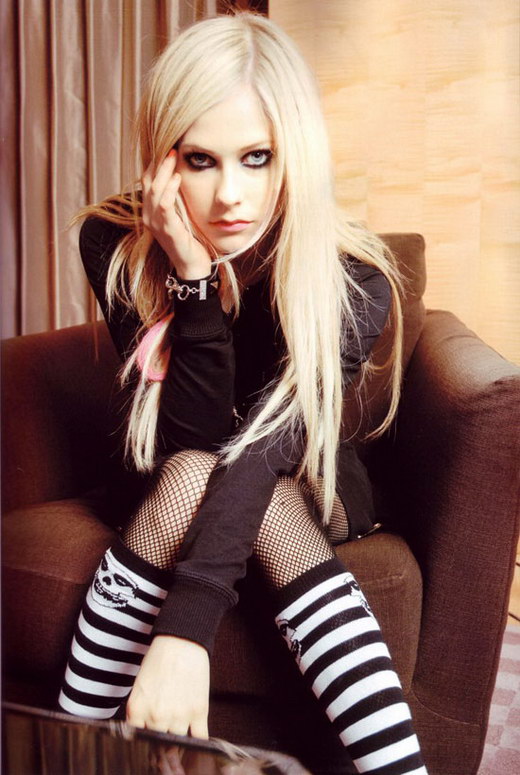
Humans are complex creatures. We are all multidimensional, like the characters that Jane Austen created in her delightful novels. Take Willoughby, the handsome cad from
Sense and Sensibility. At the end of Jane Austen’s tale, he expressed his love for Marianne to Elinor, even though he had become engaged to another woman . The reader, sensing his regret, almost feels sorry for him, for he had exchanged his dearest possession for empty coin.
Jane Odiwe’s novel, Willoughby’s Return, centers around Willoughby’s reappearance in Marianne life. But which man does she write about? The scoundrel or the romantic hero with the complicated emotions? Jane O. does not reveal this important bit of information until the very end of her tale. Marianne, although three years older, married, and the mother of a small son, is still as volatile as ever - sensitive, romantic, and impressionable. She has fallen deeply in love with her husband. Although their marriage is sensual and the Colonel spoils her, Marianne has become suspicious of her William. His obligations to his ward, Eliza and her daughter, call him away frequently. When Willoughby reenters her life, as handsome and attractive as ever, Marianne has become unsure of her husband's affections and is feeling vulnerable.
Adding richness to the plot of Willoughby Returns is the tale of Margaret, Marianne's and Elinor's youn sister. Now seventeen years old, she plays the other central role in this novel, in which the happily married Elinor takes a back seat and is barely glimpsed. Margaret experiences her own romance with dashing Henry Lawrence, William Brandon's nephew.
Like Jane Austen, Jane Odiwe is spare in her descriptions of the characters, but unlike Jane A., she is free with her depiction of an age long gone, of market days and vegetable stalls and flowers in a meadow. An artist as well as a writer, Jane O.'s details of scenery and village life are vivid. She has no need to imitate Jane A.'s writing style and in this, her second novel, is developing a keen style of her own. Favorite characters like Mrs. Jennings are revisited, and Lucy Steele (now Ferrars) and her sister Anne also make a reappearance. Jane O's plot has its twists and turns, the suspense coming from the characters' actions, which comes to a satisfying conclusion only after several misunderstandings are cleared up.
Readers who love Jane Austen sequels will find this charming book a more than satisfying read. I give it three out of three Regency fans.
Posted by Vic, Jane Austen's World







.jpg)






